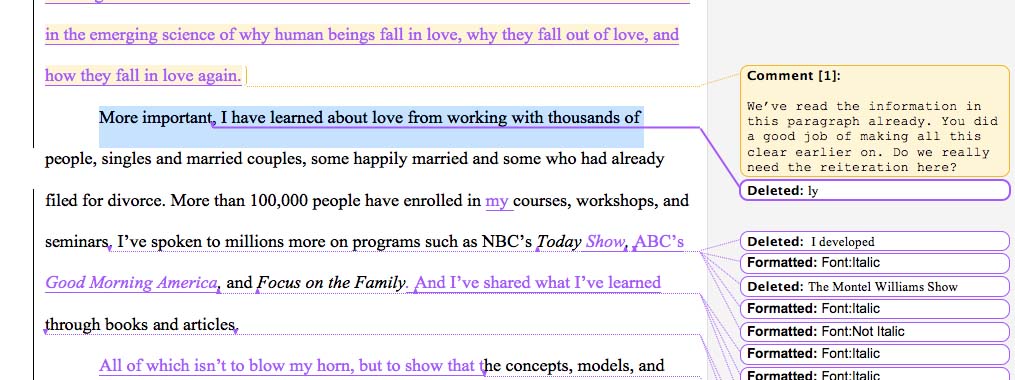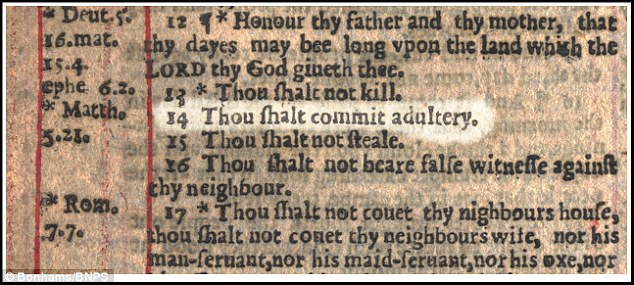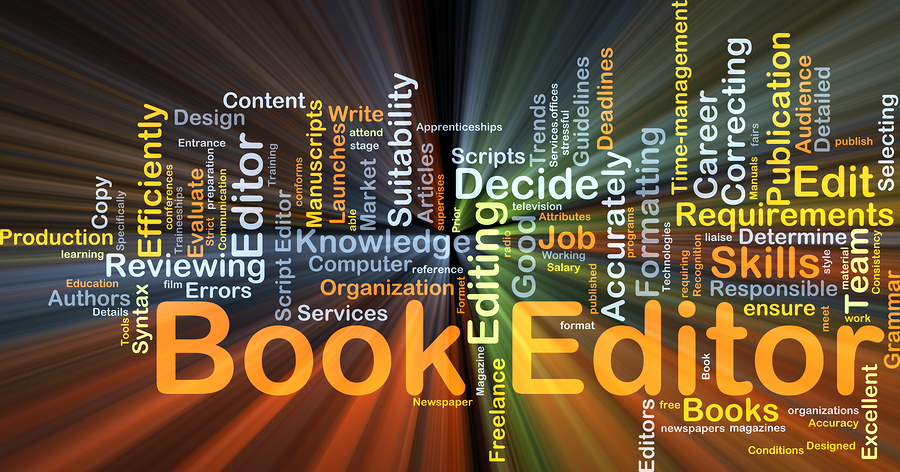How’s that for a terrifying blog title? Okay, so we won’t spend a whole day there. But as I pondered how to give you a glimpse into what freelance editors do, it occurred to me that the easiest, and best, method would be to just let you live in this editor’s brain for a short time. So buckle up, Buttercup–here we go…
I’m sitting at my computer, ready to start a substantive, or line-by-line edit on a novel. I’ve already had a 2-hr phone call with a client, and now I’ve got my second cup of (very strong) coffee beside me as fortification. This is a manuscript on which I did a 20+ page macro months ago, and which the author has completely rewritten. I’ve done a quick read on the revised manuscript, and am pleased with how much the author improved it. But I’ve also seen a number of issues that I addressed in the macro that are still rearing their craft-damaging heads. Flow, speaker attributions, effective use of beats, showing important emotions rather than reporting them, overdoing descriptions, to name just a few. I open the manuscript, activate my trusty Track Changes, and start in. As I enter the story world, my mind evaluates (you’ll see I’m using both he and she for the author. That’s because what follows is a composite of a number of edits I’m working on now)…
- Nice beginning lines. They pull us right into the story and the character’s head. Do I like these characters? Why or why not? The protag is a woman, and some of the things she says seem…harsh. Ooo, and the husband’s comment there is pretty insulting. Is that the author’s intent? I don’t think so. Better point it out and suggest a change.
- Does that word make sense there? No…it’s not quite right. But what word does the author need?
I open the internet and go to my trusty Webster’s online dictionary, type in the word I think the author needs, read the definition to be sure, then do a synonym search to see if there’s an ever better word to us. Yep, there is. I go back to the manuscript file and put in a comment, suggesting some options to the word the author used.
Okay, back into the edit…
- Who is saying what here, and does it need to be said? How does this dialogue add to or enhance the scene? The lack of speaker attributions bumps me out of the story world and I have to go back to figure out who is saying what.
- Hold on…that section was past tense, and now we’re suddenly in present tense. Better go back and see if that happened anywhere else…
I stop the edit, go back to the beginning, and read again with an eye toward tense. Yup, he’s going back and forth in tense. Need to address that in a comment. Okay, that’s done. Back to the edit…
- The author is using some wonderful, strong descriptive words—but when he follows them up, as he seems to do quite a lot, with an unneeded and overwritten comparison, those nice, strong words are weakened. Need to point out the overwritten sections/comparisons as a caution and explain why they’re a problem.
- The characters are shaping up nicely, but I’m not getting a strong sense of place here. The setting in this book is as important as the characters, but I’m not feeling, hearing, smelling, tasting it. We’re being held at a distance. Makes sense, since a large part of the rewrite was to get rid of overdone descriptions. The author has gone a bit too far the other way. Need to give a bit of direction in a comment.
- Wait, what just happened? We were with the protag in a room, and now suddenly we’re not? Need to finish the previous scene, mining the emotional richness, before we jump to the next place. This is the second time we’ve done a time warp, so I’d better caution the author about tying up scenes so readers don’t get whiplash.
- Wow, that scene was so well written I forgot to edit and got caught up in just reading! So I’ll make note of that in a comment, then go back and read again to be sure I didn’t miss anything.
- Hmm…the author has made an intriguing comparison to a movie, but it doesn’t really work. She’s comparing something positive to something negative… is there another movie comparison that works as well?
Back to the Internet, to do a search of movies and see if I can recommend some options. I find two or three, and plug those into a comment. On with the edit…
- Nope, nope. This page of dialogue without speaker attributions is too confusing. I add in examples of beats and SAs.
- Ooo, nice scene with the siblings. Love how the author handled that.
- Flashbacks within flashbacks seldom work. I point that out and explain in the comment why they’re problematic, and why it doesn’t work in this manuscript.
- Okay…what did that sentence just say? Nope, still don’t know what the author is saying here. Add a comment to ask for clarification.
And on and on it goes. As I analyze facets of the author’s craft, I’m writing notes in the margin of the manuscript, pointing out concerns, explaining edits I’ve made, commenting on what works well, letting the author know in comments when something makes me laugh or moves me. And I’m jumping on and off the internet, researching where needed, such as to ensure something is accurate to the time period. And, of course, I’m editing where needed to do things such as clarify meaning; fix wrong words, sentence structure, or punctuation; and all the lovely things we talked about in the previous editing blogs.
So there you have it. Your glimpse into the mind an editor’s mind. Hope you enjoyed it!











